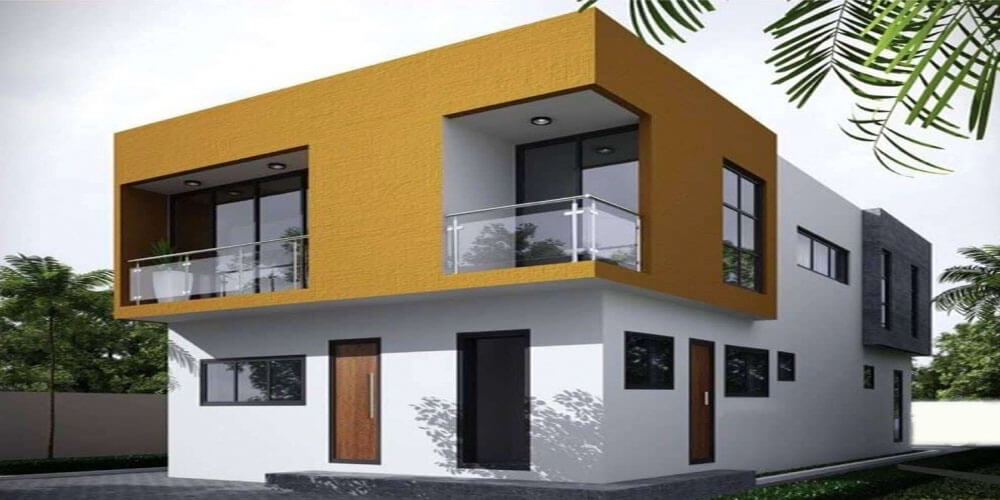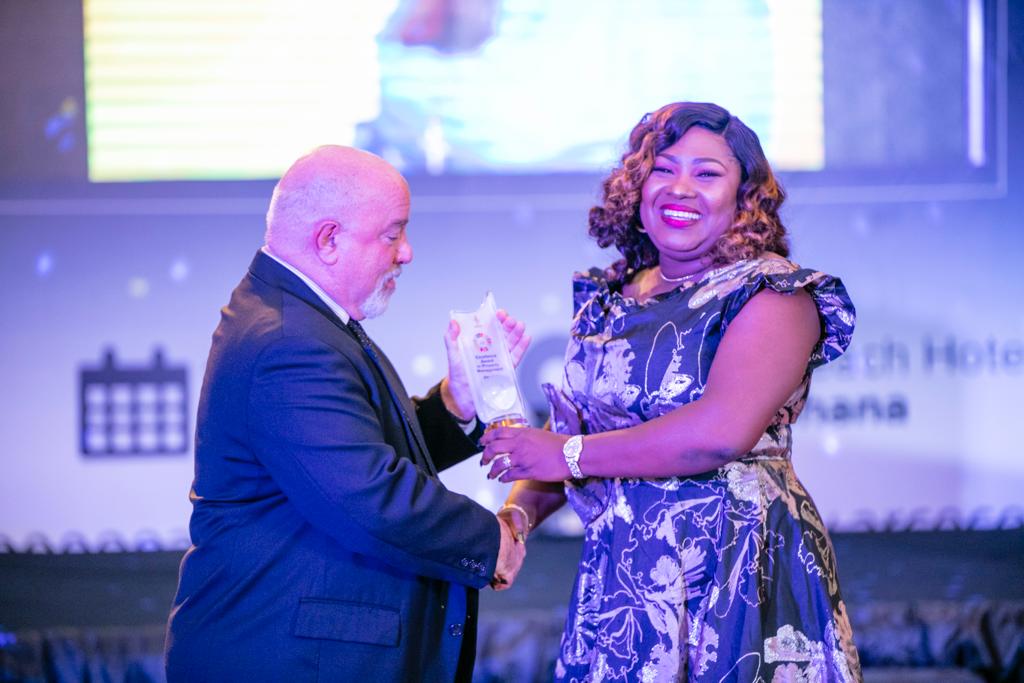Vacancy rates remain high at approximately 20 percent in the prime residential segment of the Accra real estate market, due to a decline in demand from expatriates and multinational companies in the country.
This is according to Estate Intel, the Accra Development Pipeline Report by Pan-African Real Estate Data Company. Estate Intel is a data platform that helps organizations interact with the real estate and construction industry to make decisions in Africa.
The data analyst company believes the short-let segment of the market continued to see increasing demand with tourists and business travelers preferring this service apartment’s medium to living in hotels with inadequate space.
The report further indicates that while there are up to 800,000 residential units in Accra, the development pipeline is set to bring an additional 23,000 units on to the market. This will account for approximately 3 percent of the total existing housing stock.
Meanwhile, the majority of this pipeline (about 80%) falls within the low-to-middle income earners in the country. “The mid to low end residential segments also continue to record relatively high occupancy rates owing to the domestic nature of demand,” the report said.
The mid to low income earners continued to dominate the demand for housing units in the country. However, the prime residential sector remains negative because of low demand, the mid-low end segment is positive showing signs of upward surging in the market.
Meanwhile more than 80 percent of hotels in Accra’s commercial real estate development pipeline are on hold because of the impact of the Coronavirus pandemic and the currency devaluation. Thus only 14 percent of the pipeline projects are actively under construction.
“While it seems that the total stock of internationally branded hotels in Accra is set to almost double, only of the pipeline projects are actively under construction as many have been stalled due to the impact of the pandemic and currency devaluation.
“The total pipeline from international hotel brands is estimated at 1,837 keys representing 69 percent of the total stock. As such, we believe the market is facing an oversupply, with the market outlook remaining negative, if the exchange rate and costs continue to rise.
The development pipeline remains stable, accounting for 26 percent of the total stock, as investors focus on developing neighborhood retail centers, underscoring the global trend towards accessibility and convenience against the backdrop of the pandemic.
Despite this, only 19 percent of the development pipeline is active while 81 percent remains on hold because of the rising cost of financing in the market due to currency devaluation challenges and inflation deficiencies.
Sourcce: Abdul-Razak Mohammed (Real Estate Times Africa)



